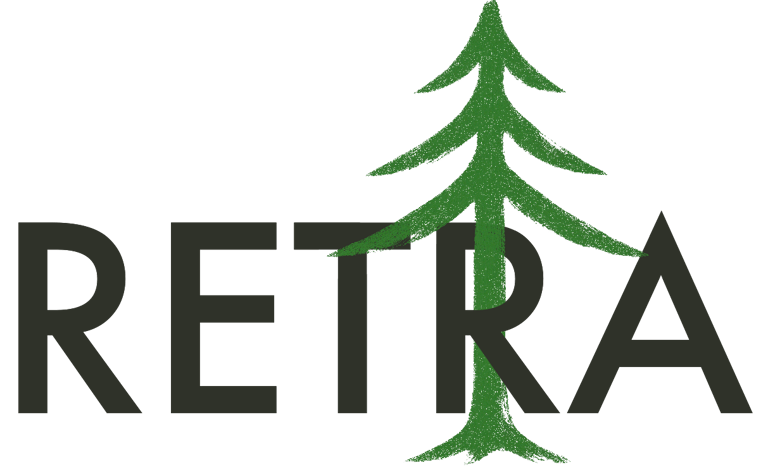Bernard Beckerman, PhD
Principal Scientist and Managing Member
Dr. Beckerman has worked as a consulting scientist with over 20 years of experience providing comprehensive services in various areas, including exposure reconstruction, human health risk assessment, environmental epidemiology, (bio)statistical analysis, toxicology, and environmental/geospatial analysis. He has authored or co-authored more than 30 peer-reviewed articles and government reports, some of which have informed the development of the United States National Ambient Air Quality Standards.
He has conducted more than 100 Proposition 65 evaluations for both consumer and occupational exposures. He developed and implemented sampling, testing, and evaluation approaches to estimate chemical exposures, facilitating compliance with Proposition 65 regulations. This work has supported both product stewardship and matters involving legal actions.
Additionally, Dr. Beckerman has worked on various air pollution-related projects. These include assessing the air quality impacts of the Aliso Canyon natural gas disaster in LA County, oil and gas production near residential areas, and exposures from a fire at a metal recycling facility in the Bay Area. He has also evaluated hazards from potential chemical spills at a chemical warehouse in Southern California and assessed impacts from fugitive dust emissions at an automobile recycling facility in the Bay Area. Furthermore, he served on a review panel for a community air quality and health surveillance program near an aluminum smelter.
Dr. Beckerman has also provided technical support to litigation and insurance matters based on claims of occupational and environmental exposures, including claims of exposure to PFAS, methamphetamine residue, ethylene oxide, chlorinated solvents, wildfire smoke, and fugitive dust emissions.
He has worked on various other projects, including a multi-year project for the Central Valley Waterboard assessing hazards associated with using treated produced water from oil and gas production for food crop irrigation. He has conducted several statistical and modeling studies for clients to understand how confounding and model assumptions affect results in epidemiological mortality studies, used cancer surveillance data to evaluate breast cancer rates among workers, identified key factors affecting Medicaid costs, and modeled potential occupational exposures from a pipe rupture in a chip manufacturing facility.


RETRA LLC
An Environmental Health Sciences Consulting Firm
© 2025. All rights reserved.
